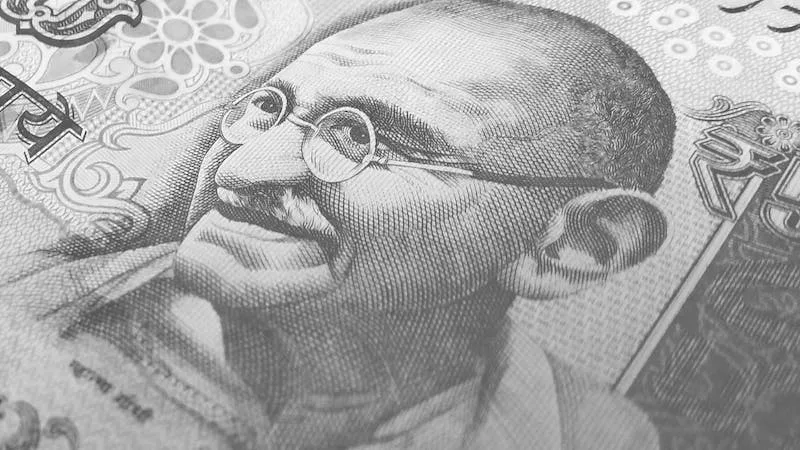Economic history is the study of economics or economic phenomena in the past. Analysis in economic history is conducted using a combination of historical and statistical methods and the application of economic theory to historical cases and institutions. The subject includes financial and business history and overlaps with areas of social history such as demographic history and labor history - quantitative - in this case, econometrics - the study of economic history also known as cliometrics.
Development as a separate field
In Germany in the late nineteenth century, scholars at a number of universities, led by Gustav von Smoller, developed the historical school of economic history. He ignored the quantitative and mathematical approach. The historical approach dominated German and French scholarship for most of the twentieth century. This approach was spread to Great Britain by William Ashley, 1860-1927, and dominated British economic history for most of the twentieth century. In France, economic history has been greatly influenced by the Annales School from the early twentieth century to the present. It exerts its influence around the world through Annales, a journal of historical and social sciences.
Treating economic history as a distinct academic discipline has been a controversial issue for many years. Academics at the London School of Economics and the University of Cambridge have had many disputes over the separation of economics and economic history in the interwar period. Cambridge economists believe that pure economics involves an element of economic history and that the two are inextricably intertwined. Those at the London School of Economics believe that economic history provides its own paths, research program and academic seat separate from mainstream economics.
In the first period of the development of the subject, the position of the London School of Economics to separate economic history from economics prevailed. Many UK universities have developed independent programs in economic history rooted in the LSE model. In fact, the Economic History Society opened its doors at the London School of Economics in 1926 and the University of Cambridge eventually established its own economic history programme. However, the last twenty years have seen the widespread closure of these separate programs in the UK and the consolidation of the discipline into departments of history or economics. Only the London School of Economics maintains a separate Department of Economic History and an independent undergraduate and postgraduate study program in Economic History. Cambridge, Glasgow, the London School of Economics and Oxford together trained the vast majority of economic historians coming through the British higher education system today.
United State
At the same time, in the United States, the field of economic history in recent decades has been largely subdivided into other areas of economics and viewed as a form of applied economics. As a result, there are no specialized programs in economic history studies at any university anywhere in the country. Economic history remains as a special field component in doctoral programs of regular economics or history at universities including the University of California (Berkeley), Harvard University, Northwestern University and Yale University.
Economic history and the history of capitalism
A new field calling itself “history of capitalism” has emerged in American history departments since approximately 2000. It includes many topics traditionally associated with the field of economic history such as insurance, banking, regulation, the political dimension of business, and the impact of capitalism on the middle classes, the poor, women and minorities. This field utilizes existing business history research, but has sought to make it more relevant to the concerns of US history departments, including by having limited or no discussion of individual business enterprises.
Nobel Memorial Prize-winning economic historians
Simon Kuznets was awarded the Nobel Prize in Economic Sciences (“Nobel Memorial Prize”) in 1971 “for his empirically based explanation of economic growth which has led to a new and in-depth view of the economic and social structure and development process.”
Milton Friedman was awarded the Nobel Memorial Prize in 1976 for "his achievements in the fields of consumption analysis, monetary history, and monetary theory and for demonstrating the complexity of stabilization policy."
Robert Fogel and Douglas North won the Nobel Memorial Prize in 1993 for "renewing research in economic history by applying economic theory and quantitative methods to explain economic and institutional change."
Merton Miller, who began his academic career teaching economic history at the University of London, was awarded the Nobel Memorial Prize in 1990 jointly with Harry Markowitz and William Sharp.

